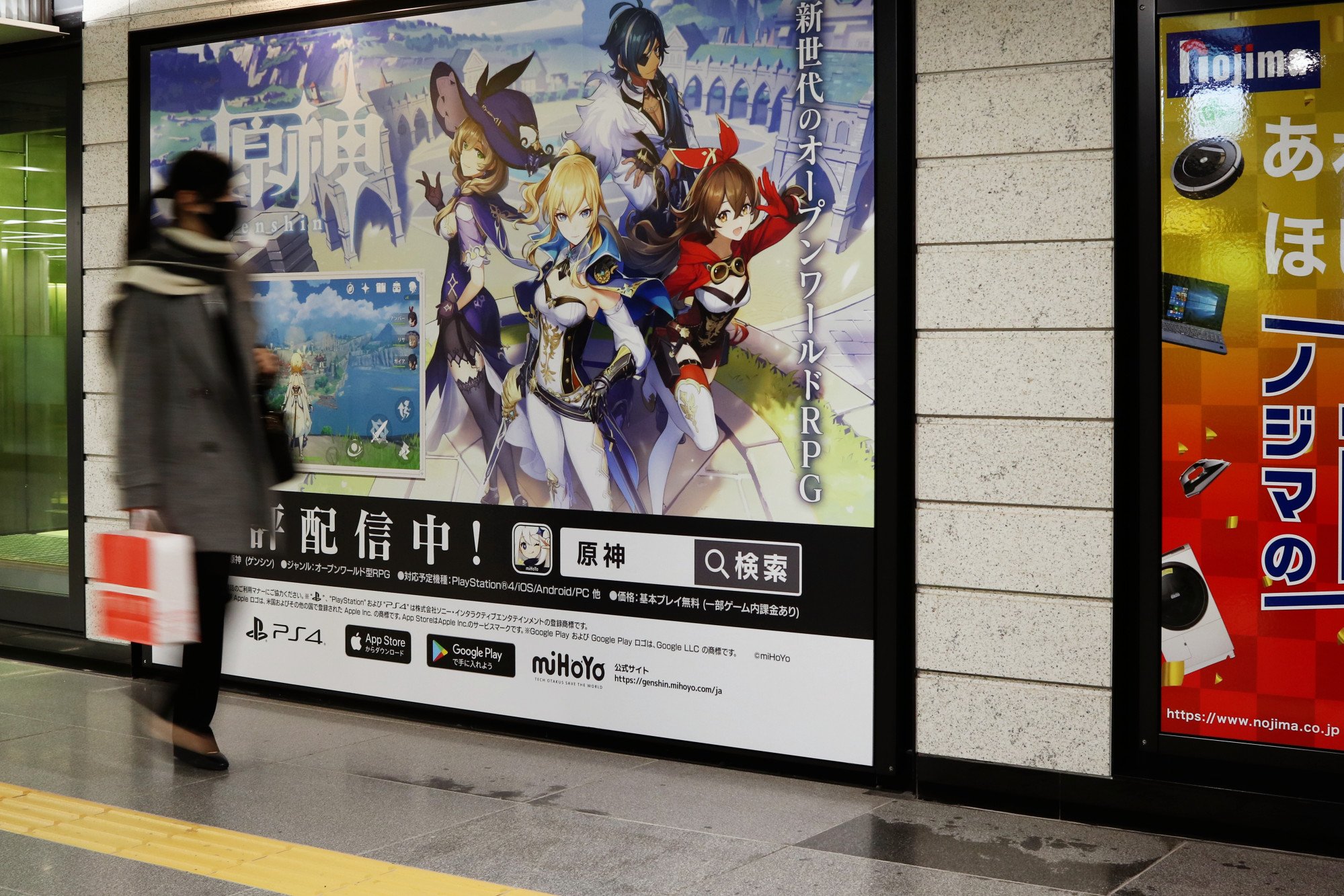
China added 1 unicorn per week last year despite slumping global investments thanks partly to AI frenzy, report says
- In 2023, China saw 56 new start-ups reaching a valuation of over US$1 billion, according to the Hurun Global Unicorn Index
- China had a quarter of the world’s known unicorns, led by those in the artificial intelligence, semiconductor and new energy sectors
China last year bred an average of one new unicorn each week amid frenzied growth in the country’s artificial intelligence (AI) sector, bucking a declining trend in global venture capital investments, according to a new research report.
The nation added 56 unicorns – start-ups valued at more than US$1 billion – in 2023, trailing only the US, which minted 70 unicorns, according to the Global Unicorn Index 2024 published by the Hurun Research Institute on Tuesday. The rest of the world saw the arrival of 45 new unicorns, the report said.
The US remains the top breeding ground for unicorns, with more than 700 of the global total of 1,453 based there. In second place was China, which had more than 340 unicorns as of last year.

AI overtook e-commerce to become one of the top three unicorn-producing sectors: as of the end of last year, there were 115 AI unicorns. The other popular sectors were fintech, which had 185 unicorns, and software-as-a-service, which yielded 139 unicorns, according to the report.
“The US has half of the world’s known unicorns, led by software-as-a-service, fintech and AI, China a quarter, led by AI, semiconductors and new energy, while the rest of the world has the other quarter, led by fintech and e-commerce,” said Hoogewerf.
The growth in unicorn numbers might have been due to a gloomy initial public offering (IPO) market, according to Hoogewerf. With some unicorns delaying listing plans, they ended up as “the bridesmaid that never gets to be a bride”, he said.
Last year, global private equity fundraising fell to its lowest since 2017, according to investment data firm Preqin.
Microsoft-backed OpenAI, which launched the AI conversational bot ChatGPT in late 2022, saw the fastest valuation increase, surging 14 places to rank third with a valuation of US$100 billion.

MiHoYo launched in September 2020 its flagship video game Genshin Impact, which had bagged US$4 billion in global revenue by the end of 2022, making it one of the most successful Chinese video games of all time, according to app analytics firm Sensor Tower.
Amid rising geopolitical tensions, most of the top 30 investors that invested in Chinese unicorns are based in the country, such as state-backed investment bank China International Capital Corporation, Big Tech companies like Tencent, Alibaba, and Xiaomi, and funds such as HongShan.

